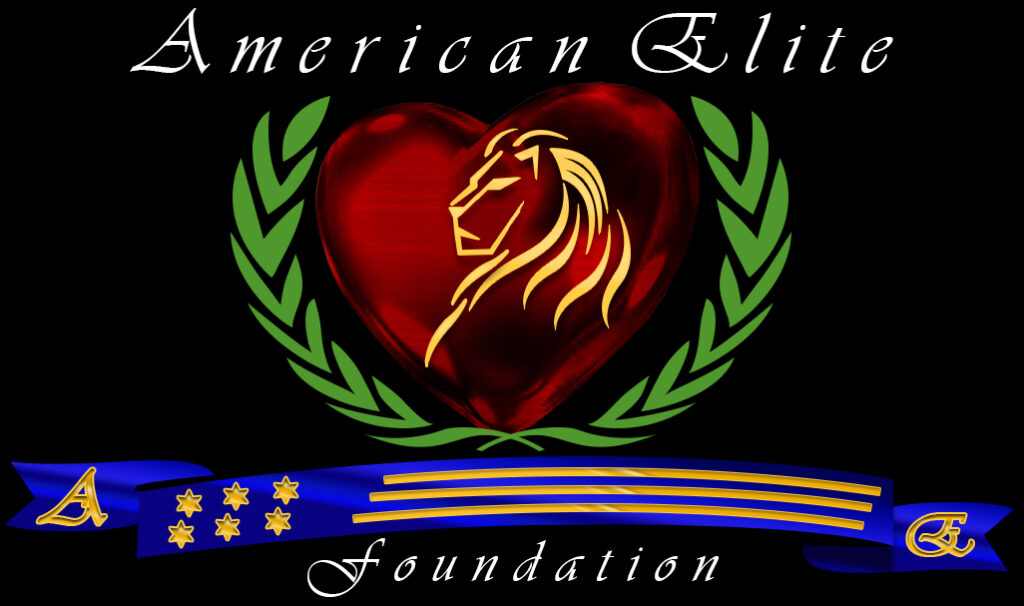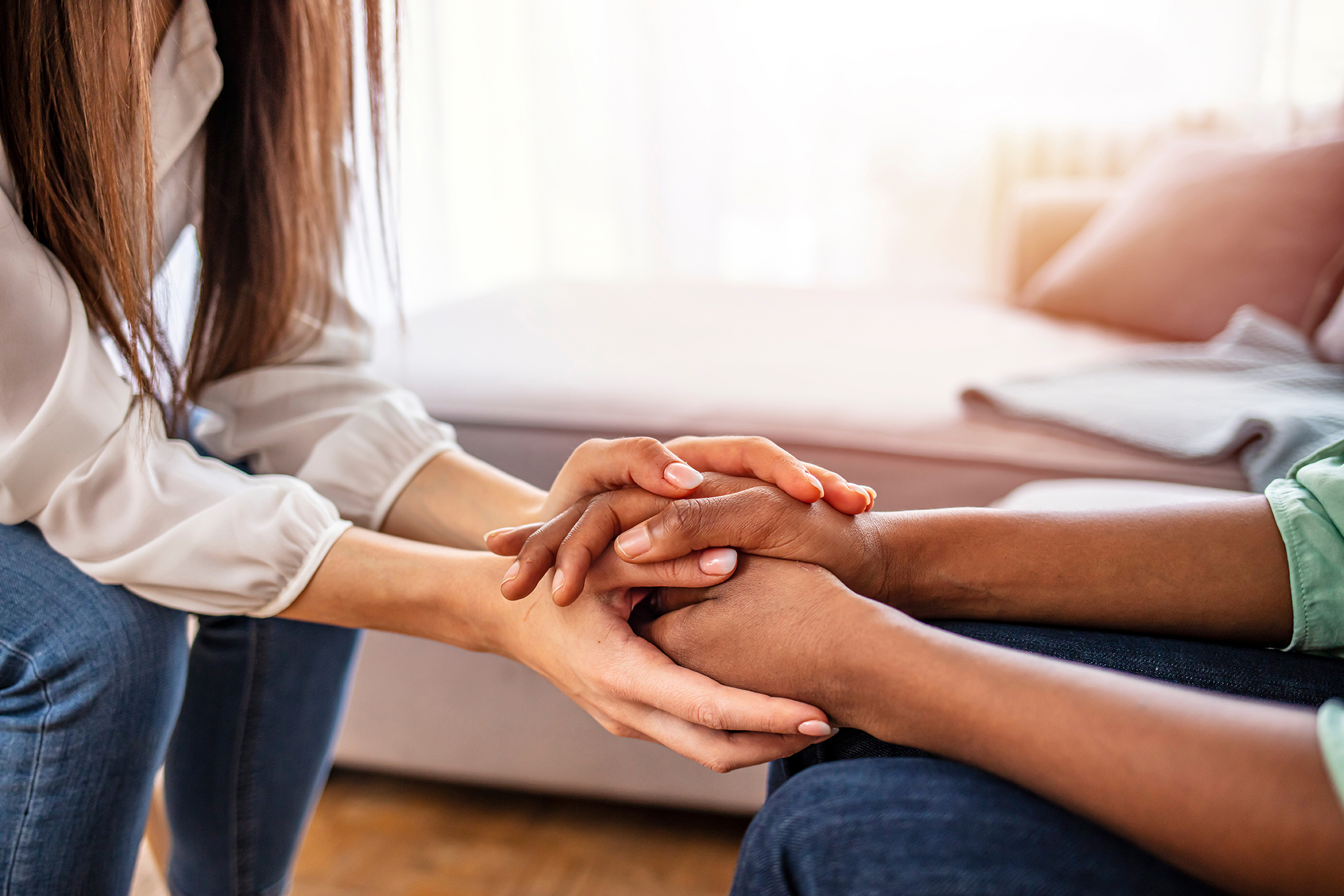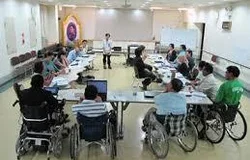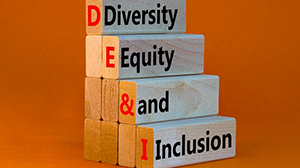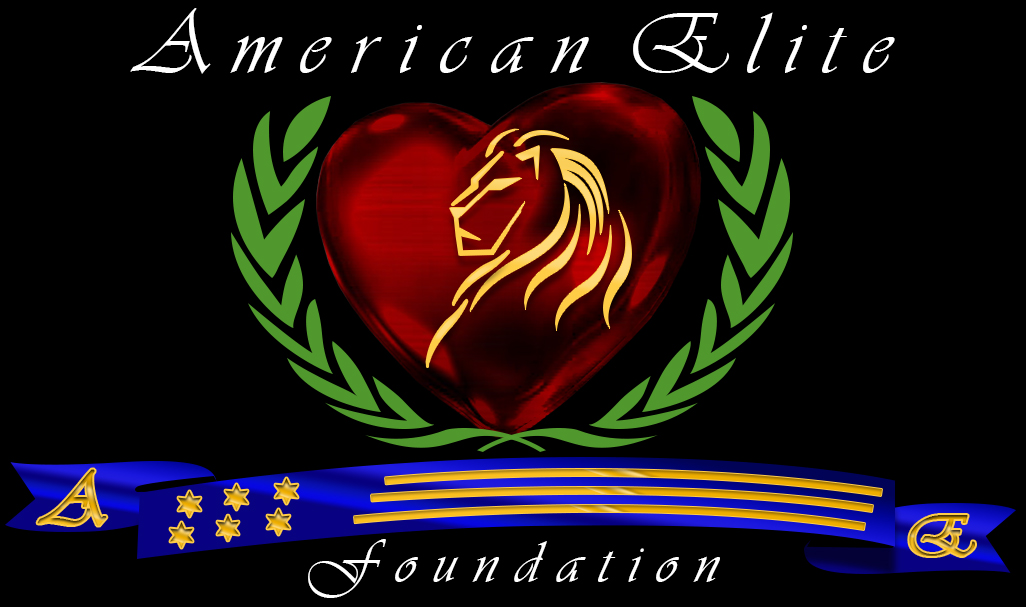Daniel Davidson, MD, MBA, DBA, PHD
Introduction:
Domestic violence is still a widespread and extremely upsetting problem that affects people and families all over the world. It includes many other types of abuse, such as financial, emotional, psychological, and physical abuse, and it disproportionately affects women and children. Charitable organizations have become rays of hope in the midst of this difficult situation, putting in endless effort to support survivors, spread awareness, and push for structural reform. The critical role that philanthropic endeavors play in the continuous effort to put a stop to domestic abuse is examined in this article.
Increasing Education and Awareness:
In order to raise public awareness and education regarding domestic abuse, initiatives must be made to enlighten and educate people about the incidence, nature, and effects of domestic violence. This entails spreading knowledge of the fundamental causes and effects of misuse as well as educating others about its symptoms and manifestations.
Educational campaigns:
Charitable organizations frequently run educational campaigns to reach a wide audience through a variety of media, including print, radio, television, and social media. These initiatives seek to dispel misunderstandings about domestic violence, draw attention to how common it is across various populations, and stress how crucial it is to get support and assistance.
Workshops & Training Programs:
Professionals, community leaders, educators, and members of the general public can attend workshops, seminars, and training sessions that are arranged by charitable projects. These courses cover how to spot abuse symptoms, handle disclosures professionally, and get help when you need it. Additionally, they provide training on how to assist survivors in a kind and nonjudgmental way as well as on bystander intervention.
Outreach & Community Engagement:
Public events, awareness walks, and community forums are just a few of the ways charitable organizations interact with their local communities. They work together with businesses, educational institutions, houses of worship, and local authorities to spread the word about domestic abuse and to encourage discussion about effective prevention and response strategies.
Digital and Social Media Campaigns:
By utilizing social media and digital platforms, philanthropic endeavors reach a broader audience by sharing resources, information, and support services. They communicate with followers, share survivor tales, and promote conversations about ending domestic violence through the use of hashtags, infographics, videos, and interactive content.
Cultural and Linguistic Sensitivity:
Charitable organizations adapt their instructional materials and campaigns to be culturally and linguistically sensitive, taking into account the varied backgrounds and experiences of survivors. They work with cultural organizations and offer information in several languages to address the particular obstacles that minority, immigrant, and refugee communities experience.
Collaborations with Universities and Schools:
Nonprofit organizations work with academic institutions to incorporate education on domestic abuse prevention into curricula and on-campus activities. They offer workshops and age-appropriate materials to give pupils the knowledge and abilities they need to identify harmful tendencies in others and form healthy relationships.
Supporting Survivors:
Giving those who have suffered violence or abuse in their homes or relationships comprehensive support and resources is part of supporting survivors of domestic abuse. The essential elements of helping survivors are broken down as follows:
Crisis Intervention:
Crisis hotlines and helplines are frequently run by charitable organizations, and the advocates on staff are trained to provide instant support and direction to individuals who are experiencing a crisis. These hotlines offer survivors a private, secure setting in which to talk about their experiences, get support, and get emergency services like finding a place to stay or making plans for their safety.
Emergency Shelter:
A lot of nonprofit organizations run safe houses or shelters where victims and their kids can go if they’re being abused. While they determine their next course of action, survivors can get temporary accommodation, food, clothing, and other necessities in a safe and encouraging environment at these shelters.
Therapy & Counseling:
Victims of domestic violence frequently endure severe emotional and psychological distress. In order to assist survivors in processing their experiences, recovering from trauma, regaining their self-esteem, and developing coping mechanisms for their future, charitable organizations offer counseling, therapy, and support groups.
Legal Support:
Charitable programs assist survivors in navigating the legal system by providing legal advocacy. This could involve support in acquiring protection orders, initiating divorce or child custody proceedings, gaining access to victim compensation monies, and maneuvering through the criminal justice system. Legal advocates support survivors in asserting their rights and achieving safety and justice by offering advice, information, and representation.
Financial Empowerment:
Abusers frequently employ economic abuse as a means of coercion and manipulation of their relationships. Programs for financial empowerment are provided by charitable groups to assist survivors in achieving stability and financial independence. Help with budgeting, credit restoration, job training, education, and gaining access to financial resources like grants or microloans are a few examples of what this could entail.
Accommodation Support:
Following their separation from an abusive relationship, survivors might get assistance from charitable organizations in finding safe and inexpensive accommodation. This could entail providing temporary housing, rental aid, or chances for cheap housing to survivors. While they reconstruct their life, survivors should have access to stable housing, according to charitable organizations.
Safety Planning:
Survivors are assisted by charitable groups in creating individual safety plans that include precautionary measures to take before, during, and after leaving an abusive relationship. Safe evacuation plans, code words or signals, document security, emergency contact lists, and other tasks can all be part of safety planning.
Child and Family Services:
Support services for children of survivors who may have observed or experienced abuse are offered by charitable efforts. This can involve lobbying, play therapy, childcare, counseling, and assistance for education in order to meet the special needs of kids who have been affected by domestic abuse.
Advocating for Change:
In the context of charitable endeavors to eradicate domestic abuse, “advocating for change” refers to the coordinated efforts of organizations to affect laws, policies, societal norms, and attitudes in order to make the environment safer and more supportive for survivors and to stop abuse incidents in the future. This advocacy effort consists of multiple essential elements:
Policy Advocacy:
Nonprofits take part in lobbying campaigns to change laws and regulations pertaining to domestic abuse. This could entail influencing lawmakers, offering professional testimony, and pushing for the enactment of laws that fortify survivor protections, expand access to support services, and hold offenders accountable.
Legal Reform:
In order to better handle cases of domestic abuse, advocates try to change the legal system. This entails supporting the enactment of protection orders, enhancing the application of current legislation, and guaranteeing that survivors have access to counsel and support during the judicial process.
Awareness-raising Campaigns:
To inform the public about the frequency and consequences of domestic abuse, charitable organizations run awareness-raising campaigns. These efforts seek to dispel cultural attitudes and ideas that support or legitimize violence, foster compassion and understanding for survivors, and motivate people to take preventative measures against abuse.
Community Engagement:
Advocates try to start conversations about domestic violence in their communities by giving locals the knowledge and tools they need to spot the warning signs of abuse and know how to react to them. Through encouraging communication and forming alliances with neighborhood groups, their goal is to establish a network of supporters who are dedicated to putting an end to domestic abuse.
Intersectional advocacy:
Charitable organizations engage in intersectional advocacy, acknowledging the connections between various types of oppression, including economic injustice, racism, sexism, homophobia, and domestic abuse. Advocates strive to address the particular difficulties marginalized communities confront and push for laws and initiatives that advance inclusivity and equity.
Survivor-Centered Approaches:
In order to ensure that survivors’ voices are heard and their rights are upheld, advocates focus their advocacy efforts on the needs and experiences of survivors. In order to create awareness and spur change, this may entail speaking up in favor of victim-centered approaches in the legal system, support services, and policymaking processes. It may also entail sharing survivor tales.
Partnerships & Cooperation:
Charitable organizations understand that putting an end to domestic violence necessitates cooperation and coordination between several sectors. In order to coordinate actions, pool resources, and put evidence-based initiatives into practice, they establish partnerships with government agencies, law enforcement, healthcare providers, and other stakeholders. They increase their impact and develop more potent ways to deal with the intricate problems associated with domestic abuse by utilizing their combined knowledge and resources.
Preventative and Intervention:
Charitable projects give priority to preventative activities that try to end the cycle of abuse before it starts, in addition to providing support to survivors. In order to encourage wholesome relationships, impart conflict resolution techniques, and subvert damaging gender stereotypes, they create and carry out preventative programs in communities, schools, and faith-based groups. They work to prevent domestic violence in the future by addressing underlying risk factors and encouraging fair and respectful relationships.
Conclusion:
Charitable endeavors play a significant role in the fight against domestic violence by offering crucial assistance to victims, increasing consciousness, promoting structural modifications, and supporting prophylactic measures. It is critical that we support these organizations and give voice to their concerns as we continue to address the complicated issues surrounding domestic abuse. By working together, we can create a society in which each and every person is valued, safe, and able to live without fear or violence.
